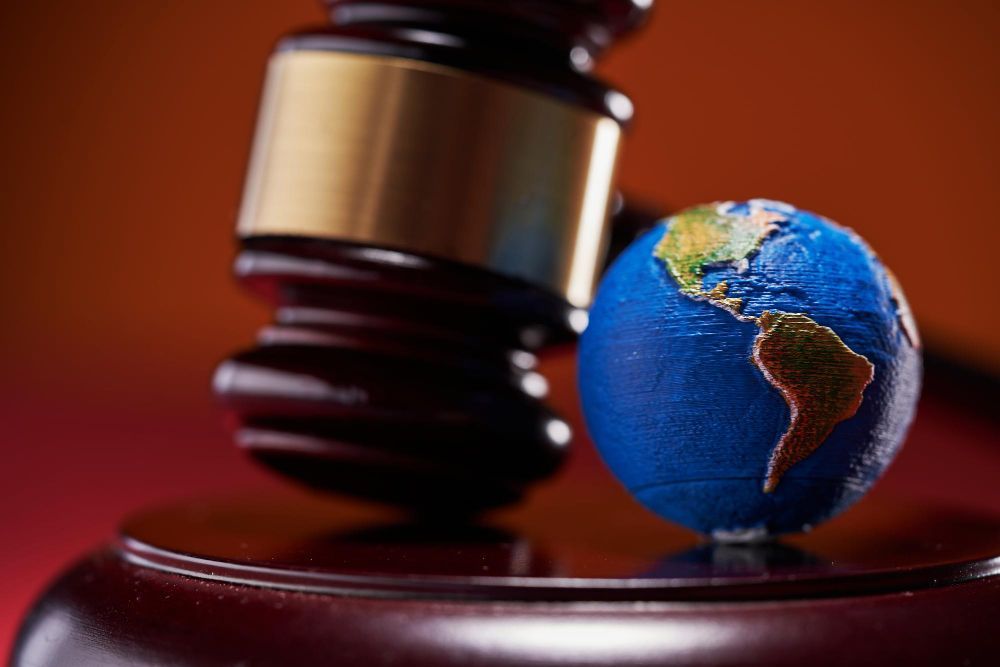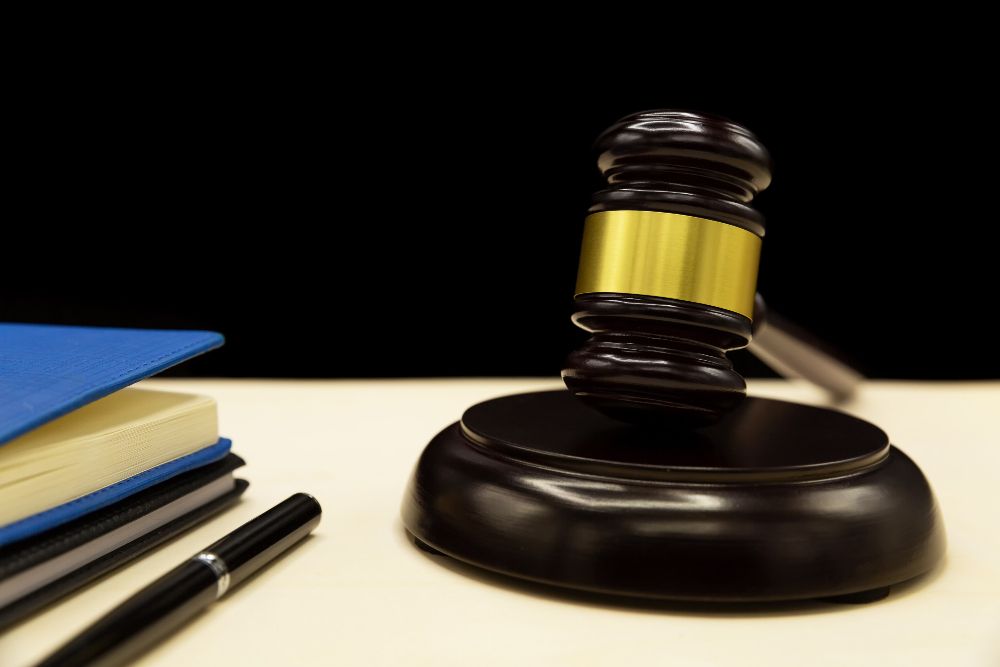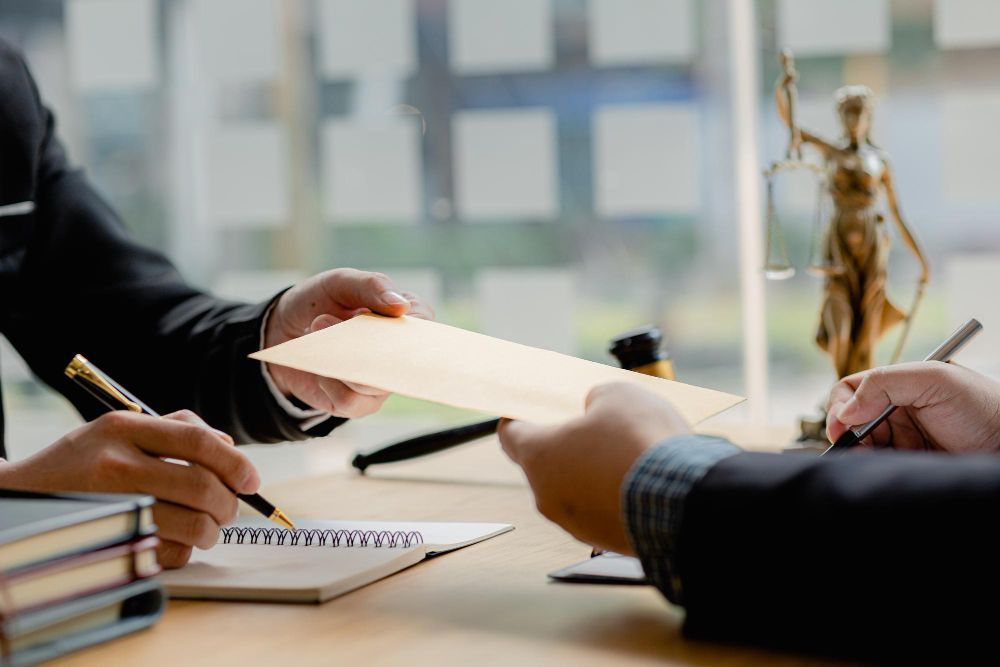Developing Long-Term Relationships in Legal Counseling: Benefits for Legal Clients
In the realm of legal counseling, the significance of fostering long-term relationships between attorneys and their clients cannot be overstated. At Phillips, Fractor & Company, LLC, we believe that building enduring partnerships with our clients not only enhances the quality of legal services but also delivers numerous benefits that contribute to more successful outcomes and greater client satisfaction. Here’s why developing long-term relationships in legal counseling is advantageous for legal clients.
Deep Understanding of Client Needs
Long-term relationships allow legal counselors to gain a deep and nuanced understanding of their clients’ needs, goals, and challenges. This familiarity enables attorneys to:
- Anticipate Needs: By understanding the client's history and business or personal circumstances, attorneys can anticipate future legal needs and provide proactive advice.
- Tailor Strategies: Customized legal strategies that align with the client’s specific objectives and context lead to more effective and relevant legal solutions.
- Streamline Communication: Established relationships foster open and efficient communication, reducing misunderstandings and ensuring that both parties are on the same page.
Enhanced Trust and Confidence
Trust is the foundation of any successful attorney-client relationship. Long-term relationships cultivate a higher level of trust and confidence, which benefits clients in several ways:
- Reliable Advice: Clients are more likely to trust the advice and guidance of attorneys with whom they have a longstanding relationship, leading to better decision-making.
- Transparency and Honesty: Long-term relationships encourage transparency and honesty from both parties, fostering a collaborative and supportive environment.
- Peace of Mind: Knowing that they have a trusted legal advisor who understands their unique situation provides clients with peace of mind during challenging legal processes.
Consistency and Continuity
Consistency and continuity in legal representation are crucial for managing complex and ongoing legal matters. Long-term relationships ensure that:
- Seamless Representation: Clients receive consistent representation across different legal issues, eliminating the need to repeatedly explain their situation to new attorneys.
- Historical Insight: Attorneys with a long-term perspective can draw on historical knowledge of the client’s legal matters, providing more informed and strategic counsel.
- Efficiency: Familiarity with the client’s past legal issues allows for more efficient case management and reduces the time and cost associated with bringing a new attorney up to speed.
Cost-Effective Solutions
Developing long-term relationships with legal counselors can lead to more cost-effective legal solutions. Clients benefit from:
- Reduced Legal Fees: Established clients may receive preferential fee arrangements, leading to lower overall legal costs.
- Preventive Advice: Attorneys who understand their clients’ operations and risk factors can offer preventive advice that mitigates potential legal issues, saving money in the long run.
- Resource Allocation: Long-term relationships allow for better allocation of resources, as attorneys can prioritize issues based on their knowledge of the client’s overall situation.
Personalized and Holistic Approach
Long-term relationships enable attorneys to provide a personalized and holistic approach to legal counseling. This involves:
Comprehensive Services: Attorneys can offer a wide range of services tailored to the client’s evolving needs, from business transactions to personal legal matters.
Integrated Solutions: A deep understanding of the client’s situation allows for the integration of legal solutions with broader business or personal strategies.
Personal Attention: Clients receive more personal attention and a higher level of service, as attorneys are invested in their long-term success.
Stronger Advocacy and Representation
Attorneys who have a long-term relationship with their clients are often more dedicated advocates. They can:
- Effectively Represent Interests: Long-term attorneys are better equipped to represent their clients' interests aggressively and effectively, having built a deep understanding of their needs and goals.
- Negotiate Favorably: Familiarity with the client’s history and priorities allows attorneys to negotiate more favorably on their behalf.
- Loyalty and Commitment: Attorneys are more committed to achieving the best possible outcomes for clients with whom they have long-standing relationships.
At Phillips, Fractor & Company, LLC, we recognize the immense value of developing long-term relationships with our clients. These relationships are built on trust, consistency, and a deep understanding of our clients' unique needs and goals. By fostering enduring partnerships, we are able to provide more effective, personalized, and cost-efficient legal solutions that lead to better outcomes and greater client satisfaction.
If you are looking for a legal team that values long-term relationships and is dedicated to understanding and addressing your specific legal needs, contact Phillips, Fractor & Company, LLC today. Let us show you the difference that a committed, long-term partnership can make in your legal journey.








